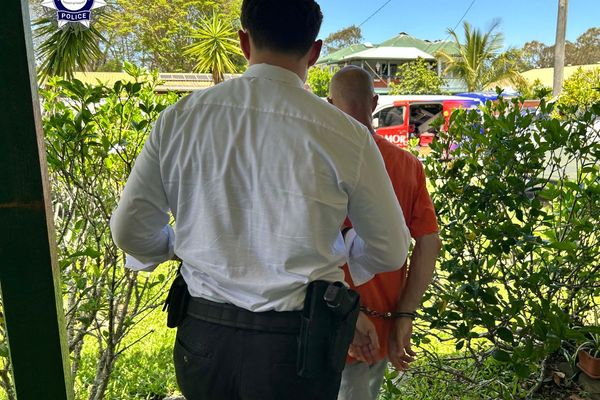ACT Policing will ramp up roadside drug testing and will have its territory targeting team patrolling Civic and Braddon throughout Saturday night and into Sunday morning as the ACT experiences its landmark first 24 hours under new drug decriminalisation laws.
The controversial new Drugs of Dependence Amendment (Personal Possession) legislation, the first of its kind to be introduced in the country, reduces the penalty for the possession of small amounts of illicit drugs in the ACT.
These drugs include cocaine, heroin, amphetamine, ecstasy (MDMA), lysergic acid, lysergide (LSD), and psilocybine ('magic mushrooms').
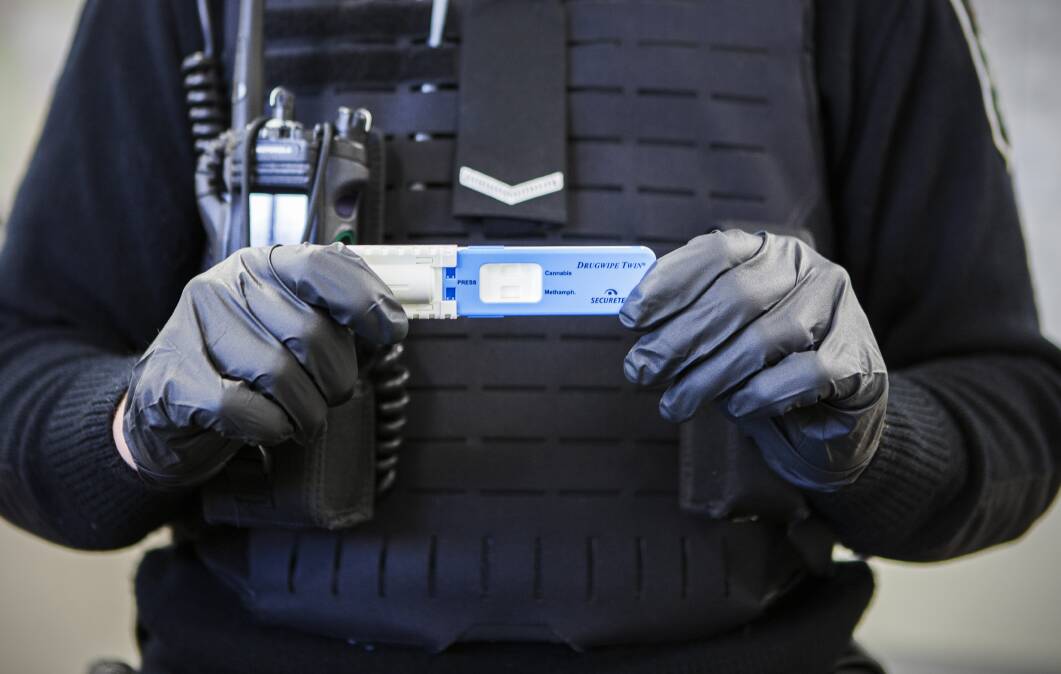
Health Minister Rachel Stephen-Smith said these changes would "help to reduce the stigma experienced by people who use illicit drugs and encourage more people to come forward and receive support".
"The ACT government does not condone illicit drug use," she said.
"The safest option is to not take drugs at all. However, we recognise people will use illicit drugs and believe a health-based approach to drug use leads to better outcomes.
"By treating drug use as a health issue, not a criminal one, we are providing pathways for people to access the health services and support they need."
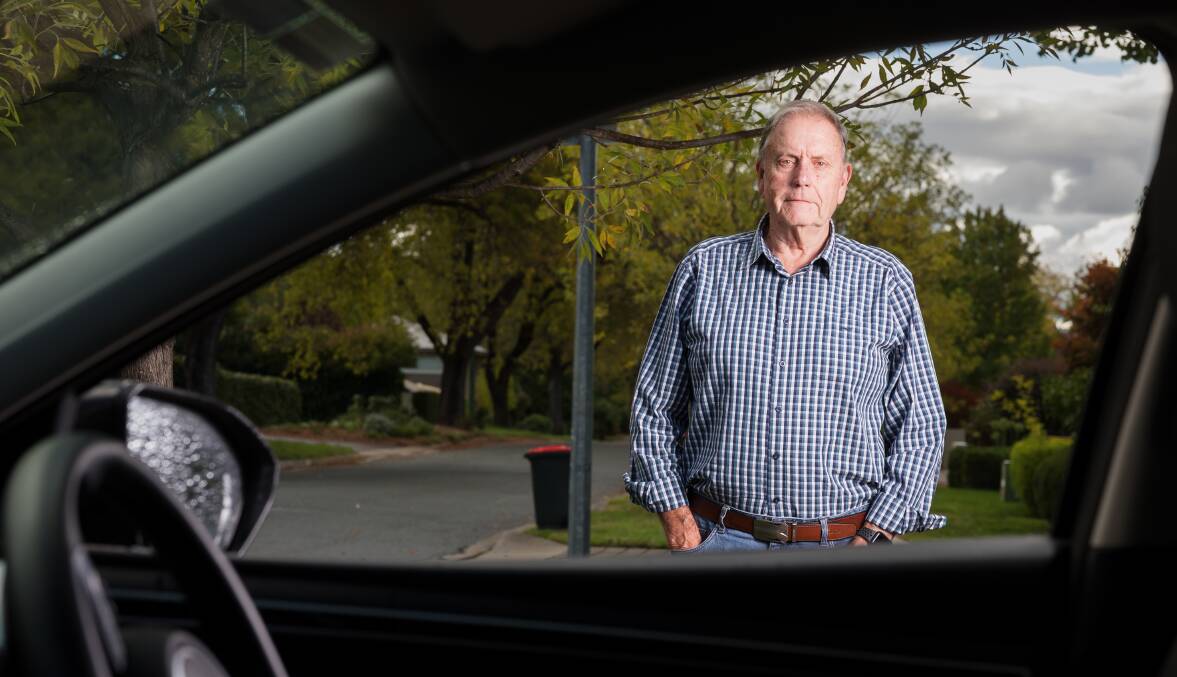
The harm minimisation and policing model developed for ACT is a hybrid one and cannot be directly compared with any others in operation around the world.
However, ACT chief police officer Neil Gaughan readily admits the decriminalisation strategy is a risky one, and has particular concern for the potential impacts on road trauma.
Just over the border, NSW is experiencing a horror year on the road, with deaths up over 8 per cent on the previous year. In 2022, the ACT had its worst road toll in 11 years. Research shows that any factors which trigger shifts in driver attitude and increased risk-taking can result in catastrophic effects.
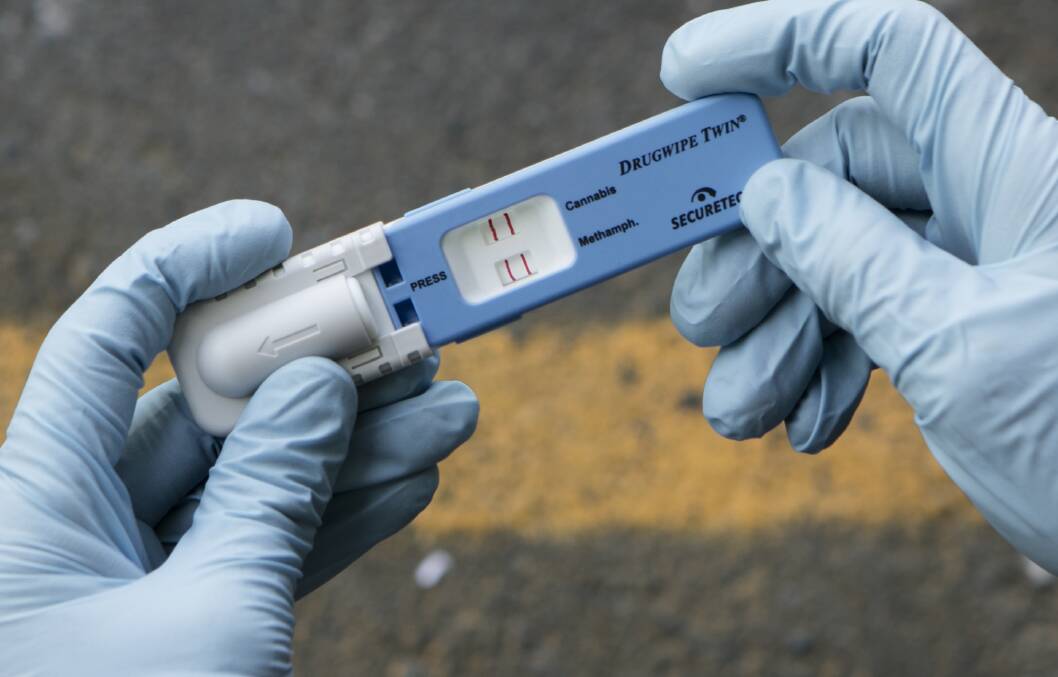
ACT Policing started random roadside drug testing in 2011. Officers test for cannabis, methamphetamine (speed and ice) and MDMA (ecstasy). There are no roadside detection tests for heroin, cocaine or any of the other now decriminalised drugs.
In its original submission to the ACT Assembly inquiry which pre-dated this legislation, the police stated bluntly this "could be problematic".
It also stated that given this lack of capability, police were concerned "that if certain substances are decriminalised, this could lead to a perception from the community that driving under the influence of drugs is acceptable".
Police urged more research at the time, but it didn't happen.
Canberra-based road safety expert Lauchlan McIntosh, who advised the federal government on its road safety strategy and is a former president of the Australasian College of Road Safety, expressed his grave concern that the community harm which the government says it is aiming to minimise through this legislation could very easily transfer onto the territory's roads.
"This road safety issue from drug-affected drivers is a genuine concern, it hasn't been fully assessed in the lead-up to this decriminalisation, and the ACT government is effectively just pushing this risk back onto the police and telling them: 'well, that's your responsibility, you deal with it'," he said.
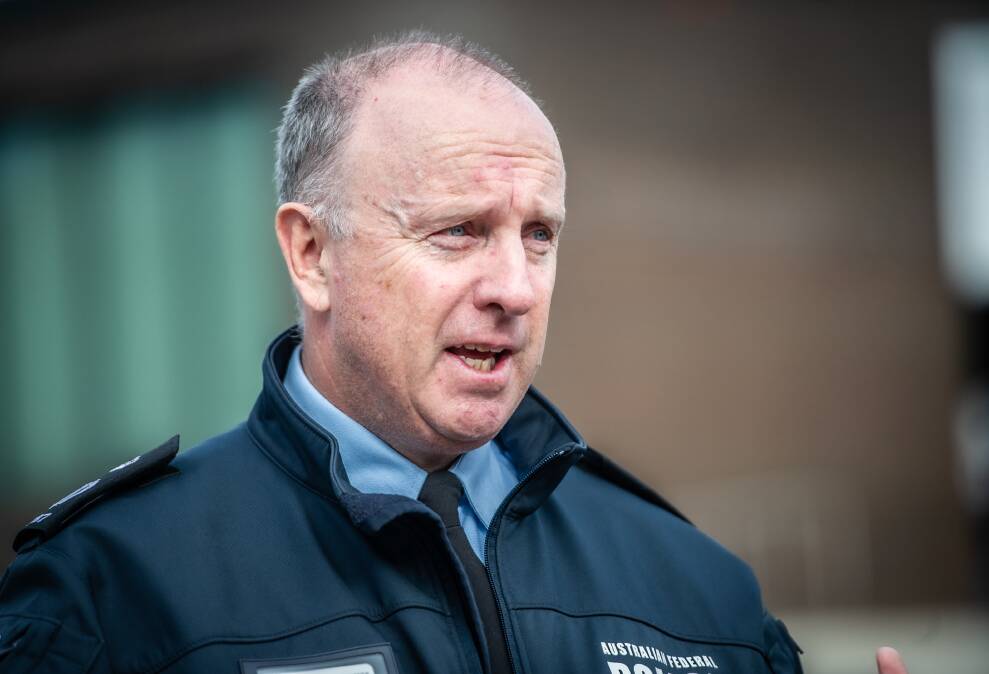
"This is completely untested territory. Nowhere else in the country has this been done. The ACT government is embarking on this social experiment but hasn't examined all the knock-on issues and road safety is a really critical one.
"It's telling people this type of risk-taking behaviour carries no penalty because we've decriminalised it. But when that level of [drug] risk transfers to the road, it carries a terrible penalty."
For his part, Deputy Commissioner Gaughan was simply insisting on abstinence.
"One thing we really want to emphasise is that the drugs laws in relation to you driving a motor vehicle have not changed," he said.
"That is, you are not to take drugs and drive. If we test you and if you have any drugs in your system, regardless of the level, then that is an offence and we will be stamping that out real quickly.
"So I think you can expect to see an increase in drug testing over the coming months to make sure we get on top of this issue because this is one of the concerns I do have: is people thinking that because it is legal or decriminalised, they can get behind the wheel of a car [while drug affected].
"It's not."
